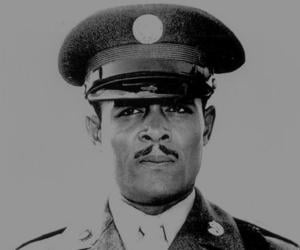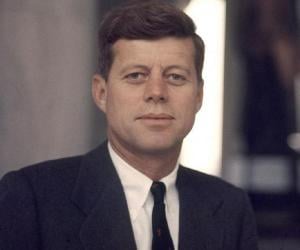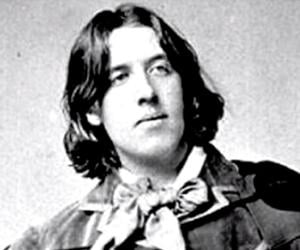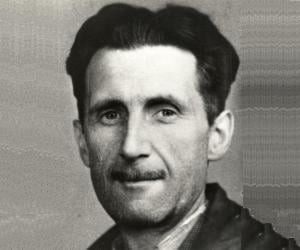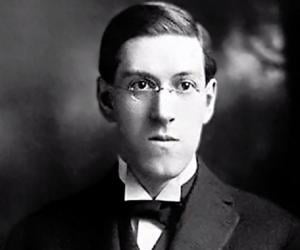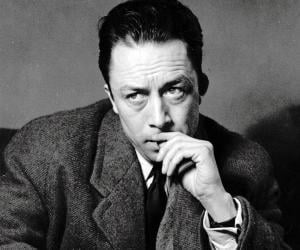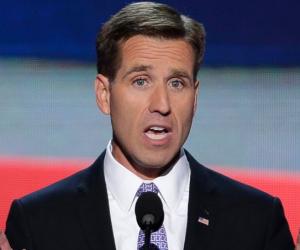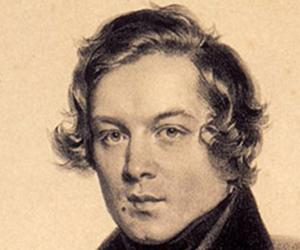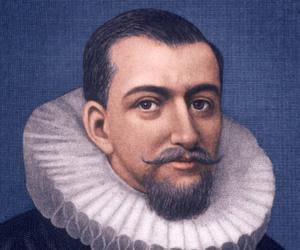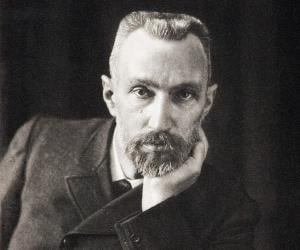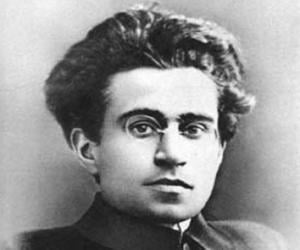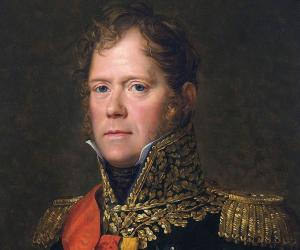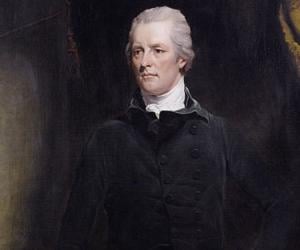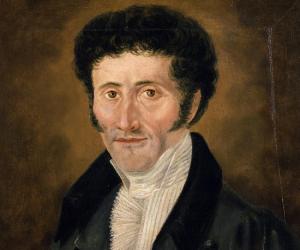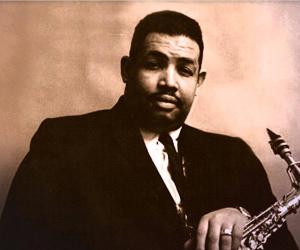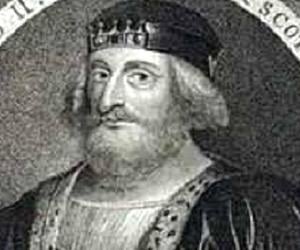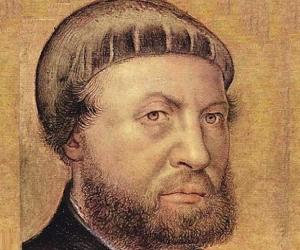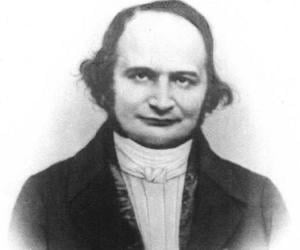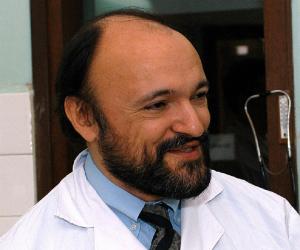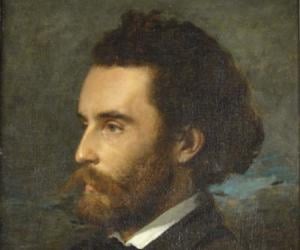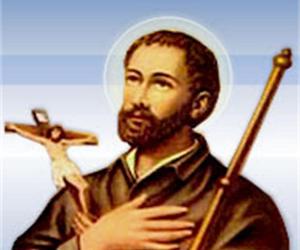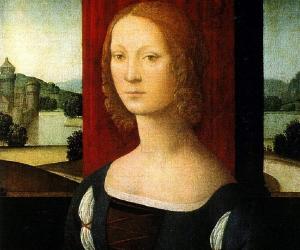The 35th President of the United States, John F Kennedy was a charismatic leader who, during his tenure, ably dealt with Cuban missile crisis, proposed public service programmes and lent support to the growing civil rights movement. Before becoming one of the youngest Presidents of the country, he served in the navy, U.S. House of Representatives and the US Senate.
Widely regarded as one of the most popular writers of all time, Oscar Wilde is best remembered for his plays and epigrams. He was also one of the best-known personalities during his time as he was popular for his conversational skills, flamboyant dressing sense, and biting wit. Imprisoned in 1895 for consensual homosexual acts, Oscar Wilde was pardoned posthumously in 2017.
The king of dystopia and satire, George Orwell, the pen name adopted by Eric Arthur Blair, was a well-known novelist and critic of the 20th century. A man with a strong mind of his own, Orwell never backed down from stating his views on the socio-political climate he lived in, which he expressed profusely through his influential essays and novels.
HP Lovecraft was a writer of weird and horror fiction and is known for his creation of Cthulhu Mythos, which has inspired a large body of games and music. His stories focused on his interpretation of humanity's place in the universe. He was virtually unknown during his lifetime, but is now considered a significant 20th-century author of supernatural horror fiction.
Albert Camus was a French philosopher and the second-youngest recipient of the Nobel Prize in Literature. His philosophical views contributed to the rise of absurdism, a philosophical concept. Also a prolific writer, Albert Camus had an illustrious literary career; most of his philosophical essays and novels are still influential.
A politician and attorney, Beau Biden was the eldest child of politician Joe Biden. As a little boy, he was severely injured in a car accident in which his mother and sister perished. He overcame several challenges to become a successful attorney. However, fate was cruel to him and he died of brain cancer at the age of 46.
Henry Hudson was an English navigator and sea explorer best remembered for his explorations of modern-day Canada and the northeastern United States. He is credited with laying the foundation for the Dutch colonization near the Hudson River, which is named in his honor. During his final expedition, he became the first European to witness the Hudson Bay and Hudson Strait.
A pioneer in crystallography, radioactivity, piezoelectricity, and magnetism, Pierre Curie was a French physicist who won the Nobel Prize in Physics along with Henri Becquerel and Marie Curie. Despite being an atheist, Pierre Curie was fascinated by spiritualism as he believed that spiritual questions deal with physics.
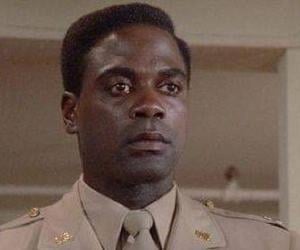
Antonio Gramsci was an Italian politician, journalist, philosopher, linguist, and writer. A founding member of the Communist Party of Italy, Gramsci went on to serve as the leader of the party before he was arrested by Benito Mussolini's Fascist regime. Since his death, Antonio Gramsci has been the subject of several plays and films.
Michel Ney was a French military commander. One of the 18 Marshals of the Empire inaugurated by Napoléon Bonaparte, Michel Ney played important roles in the Napoleonic Wars and the French Revolutionary Wars. Nicknamed the Bravest of the Brave by Napoleon himself, Ney was renowned for his valor in wars.
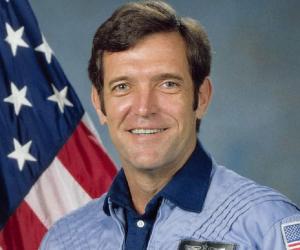
British statesman, William Pitt the Younger, became the youngest prime minister of Great Britain in 1783 when he was just 24. During his stint as the prime minister, he was also Chancellor of the Exchequer. Several major political events, including the French Revolution and the Napoleonic Wars, happened during his tenure. He is ranked highly among all British Prime Ministers.
E. T. A. Hoffmann was a German author, jurist, artist, composer, and music critic. His stories served as an inspiration and laid the foundation for The Tales of Hoffmann by Jacques Offenbach. The Nutcracker by Pyotr Ilyich Tchaikovsky is also based on Hoffmann's The Nutcracker and the Mouse King. Hoffmann is among the most influential authors of the Romantic Movement.
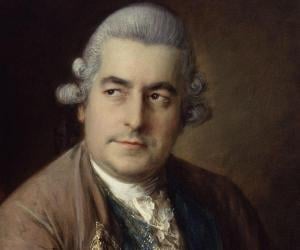
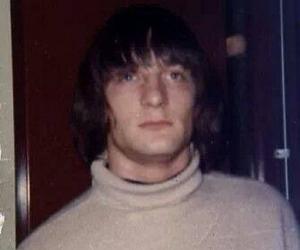
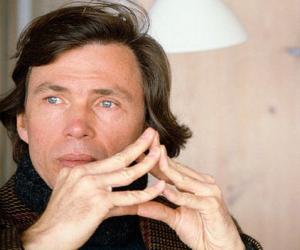
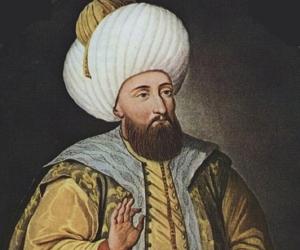

Cantopop pioneer Leslie Cheung was born to a tailor who worked for celebrities such as Alfred Hitchcock. Educated in the U.K., he later began a singing career in Hong Kong and then moved to Canada. After an illustrious 26-year career, he committed suicide by jumping from the Mandarin Oriental hotel.
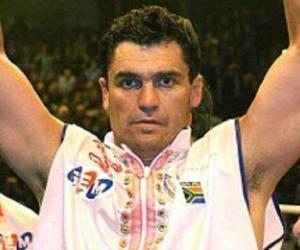
South African boxer Corrie Sanders, nicknamed The Sniper, was a heavyweight champion and was motivated to take up boxing by his uncle. He made headlines when he was shot in the stomach and killed in an armed robbery at a restaurant in Brits, while celebrating his nephew's 21st birthday.
David II of Scotland reigned as the king of Scotland from 1329 to 1371. He is credited with putting the Scottish monarchy in a strong position despite having to spend long periods in captivity or exile. Over the years, David II of Scotland has been depicted in several historical novels, such as Vagabond.

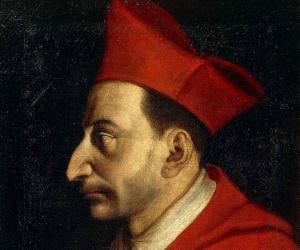
A cardinal of the Catholic Church of Italy and the archbishop of Milan, Charles Borromeo was a major figure of the Italian Counter-Reformation. He gained a lot of respect with his charitable work during the plague of 1576–78. He is revered as the patron saint of cardinals, bishops, and spiritual leaders.
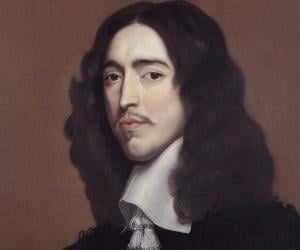
Hans Holbein the Younger was a German printmaker and painter. Regarded as one of the 16th century's greatest portraitists, Holbein was also renowned for producing Reformation propaganda, satire, and religious art. Many of his portraits are now considered cultural icons. Holbein is also credited with contributing immensely to the evolution of book design.
Carl Gustav Jacob Jacobi was a German mathematician best remembered for his contributions to differential equations, dynamics, number theory, determinants, and elliptic functions. He is the first Jewish mathematician to work as a professor at a German university. Jacobi has a crater on the Moon named after him in recognition of his contribution to science.

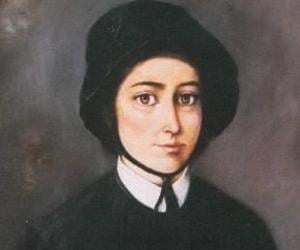
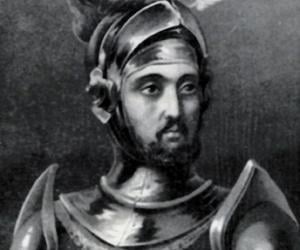
Diego Columbus was an explorer and navigator who served under the Kings of Aragón and Castile. The oldest son of Christopher Columbus, Diego spent most of his time trying to regain the privileges and titles granted to his father and then denied in 1500.
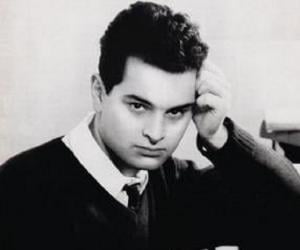
Polish composer and pianist André Tchaikowsky started his concert career as a student. A great admirer of Shakespeare, Tchaikowsky‘s compositions include the settings of seven of Shakespeare's Sonnets, the opera titled The Merchant of Venice, and songs from The Tempest. According to his wishes, Tchaikowsky’s skull has been used as a theatrical prop by the Royal Shakespeare Company.
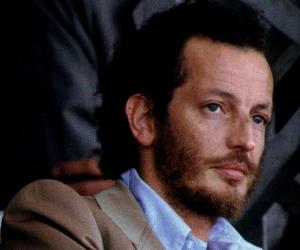
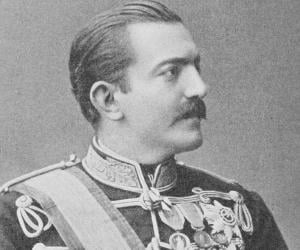
Milan I of Serbia reigned as the King of Serbia from 1882 until his sudden abdication in 1889. He abdicated in favor of Alexander I of Serbia, which was unexpected at that time. During his reign, Milan focused on developing natural resources and improving the means of communication. However, he was largely unpopular due to reckless extravagance and heavy taxation.
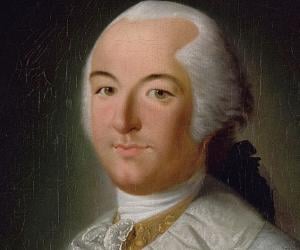
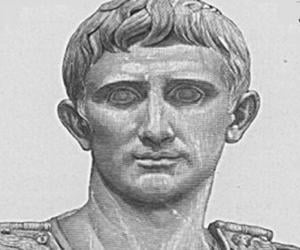
Romulus Augustus went down in history as the last Western Roman emperor. The son of Orestes, who was killed by German warrior Odoacer, Romulus was spared and allowed to move to southern Italy. Though not much is known of him, it is believed he lived till the rule of Theoderic.
French playwright and author Alfred de Musset is best remembered for his autobiographical The Confession of a Child of the Century. Though he was supposedly part of the Romantic movement, many of his works satirized the movement. He stopped allowing his plays to be staged after The Venetian Night flopped.
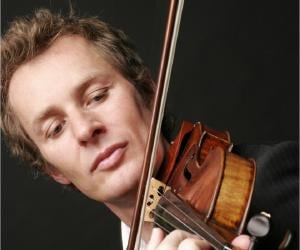
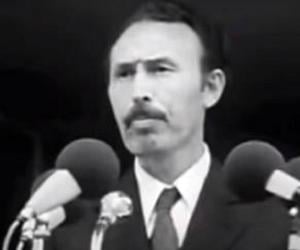
Algerian army colonel Houari Boumediene was part of the rebellion against the French for his country’s independence. He became the president of Algeria following the coup of 1965. While he maintained cordial relations with the Soviet bloc, he also strengthened his country’s industrial ties with the West.
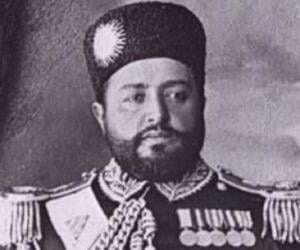
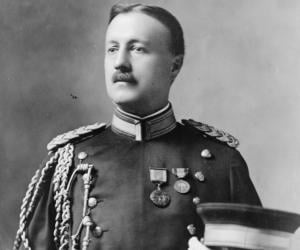
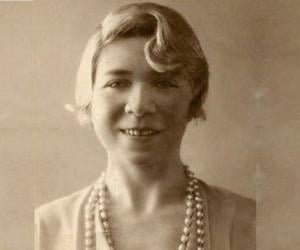
Alfonsina Storni was an Argentine playwright and poet of the modernist period. She was one of the first women to find success in the Argentine literature and theater scene, which were dominated by men. Her literary works not only inspired her readers but also inspired other writers.
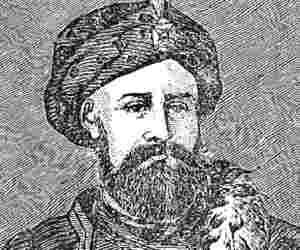
Caterina Sforza was an Italian noblewoman who served as a regent for her son Ottaviano, the Lord of Imola and Forlì. Caterina is among the few women who caught the attention of Italian Renaissance writer Niccolò Machiavelli who discussed her at length. In 2010, she became the subject of a historical novel titled Scarlet Contessa.
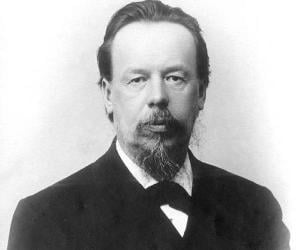
Alexander Stepanovich Popov was a Russian physicist best remembered for his pioneering work in transmitting radio signals. One of the first inventors to come up with a radio receiving device, Popov's work was contemporaneous with the groundbreaking work of Italian inventor Guglielmo Marconi. Popov's life and career inspired the 1949 biographical film Alexander Popov which was directed by Herbert Rappaport.

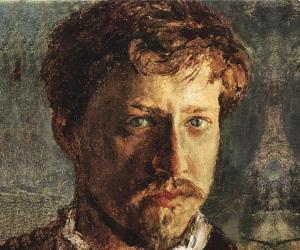
Valentin Serov was a Russian painter best remembered as a master of portraiture. Apart from painting the portraits of prominent personalities, Serov also painted several self-portraits. From 1897 to 1909, he taught painting at the Moscow School of Painting, Sculpture and Architecture where he taught future painters like Pavel Kuznetsov, Martiros Saryan, N. N. Sapunov, Konstantin Yuon, and Kuzma Petrov-Vodkin.
